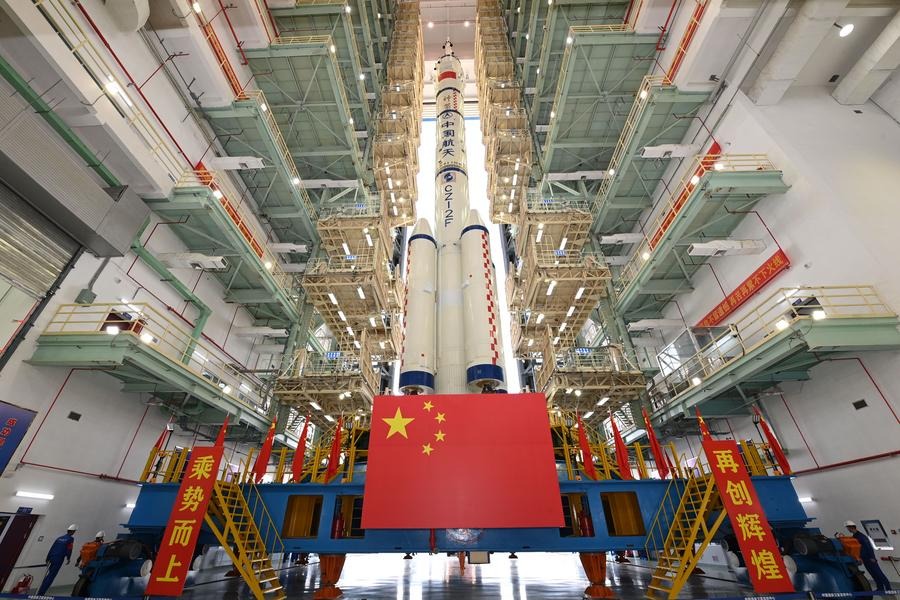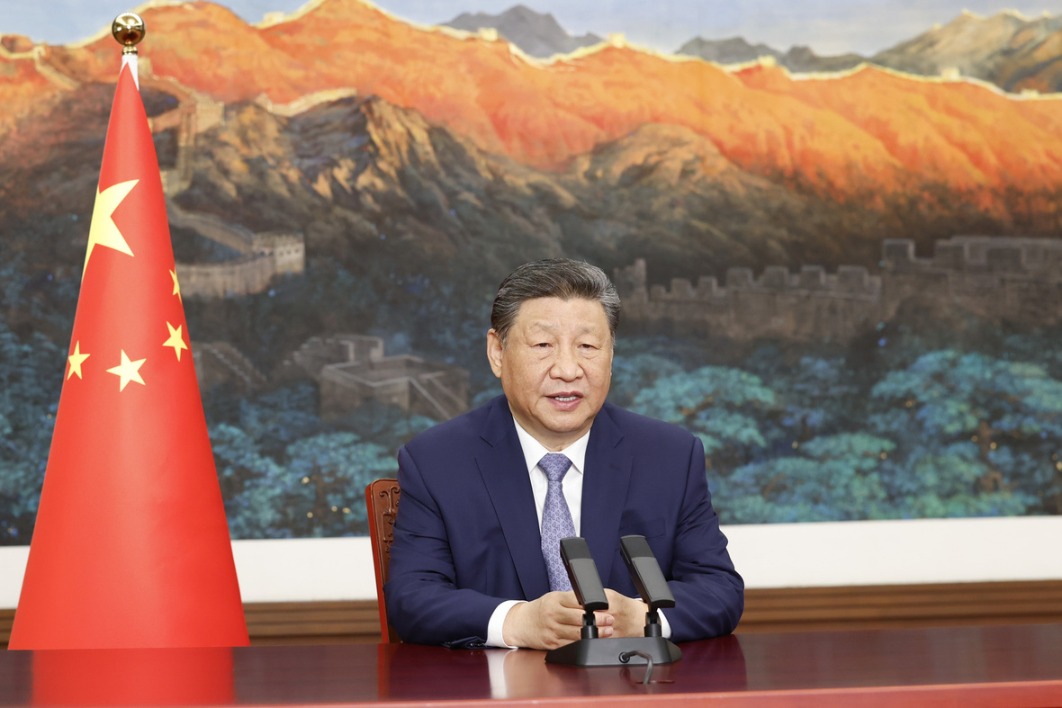The wisdom of Confucius still has me transfixed
By Nick Ive | CHINA DAILY | Updated: 2024-06-28 08:26
It is a memory that will forever be etched in my mind. To the accompaniment of pulsating music amid a sea of color and movement, the global audience looked on in awe as China greeted the world at the 2008 Olympics opening ceremony in Beijing with the welcoming and touching Confucian proverb, "Friends have come from afar, how happy we are".
I sat at home in the United Kingdom marveling at this spectacle, transfixed by this blend of flawless choreography and cutting-edge technology that was clearly steeped in ancient Chinese history and tradition.
Yet, like so many foreigners, I was ashamedly rather ignorant of just how revered the philosopher Confucius was in China, and how his teachings have, and still continue to play such an important role in Chinese history, culture and society. His teachings stand the test of time and remain the cornerstone of a proud, respectful, sincere and innovative nation.
I could never have imagined that nearly 16 years later, thanks to China Daily and the hospitality and kindness of the Cyberspace Administration of Shandong, I would be part of a group of international media invited to visit Qufu, the hometown of Confucius (551-479 BC).
Located in Jining in Shandong province, Qufu is naturally proud of its heritage and expertly keeps the spirit of Confucius alive thanks to an array of historical and modern sites, including the Confucius Museum. Here we learned about the man, his life and teachings, as well as about Chinese civilization through a fascinating variety of exhibits and musical instruments.
One thing is evident though, having tried my hand at the zhong (bells), the qing (a stone chime) and the guqin (Chinese zither), sadly I don't think I will be invited to join the talented group of artists who wowed us with traditional music upon our arrival at the museum.
And to emphasize my lack of musical ability, I am just relieved the public did not have to witness my feeble attempts at performing the yiwu, a dance used in sacrificial rites in ancient China ahead of the incredible memorial ceremony at the Confucius Temple.
The legacy of Confucius in this part of Shandong is woven into the fabric of people's lives. We delved into the rich cultural history by learning ancient practices that are kept alive through skills such as calligraphy, as demonstrated by Kong Xiangsheng, a renowned calligrapher and descendant of Confucius.
The Kong Family Mansion, where the descendants of Confucius lived and where historical artifacts are preserved, was the setting to learn to make shadow puppets and Kongfu pastry, and do some stone-rubbing, while the Lu Brocade Museum gave us the chance to try embroidery, weaving and make knot buttons and thread-bound books, as well as learn costume etiquette during our whistle-stop tour.
Our last port of call was Rongcheng, a picturesque fishing village situated in Weihai on the easternmost tip of Shandong, which is enjoying a boom in tourism.
Thanks to its mix of golden beaches, delicious seafood and cultural heritage of seaweed-roofed buildings, such as the Yuying Elementary School and the Sanggou Bay Marine Ranch in Linjialiu village, a delightful homestay, this captivating region makes for a wonderful visit.
Having only moved to China about three months ago, I've not had much of chance to experience life outside Beijing, but Confucius once said, "Wheresoever you go, go with all your heart", and that is exactly what I plan to do whenever I get the chance to see more of this wonderful historic, friendly, majestic and vibrant country.
Contact the writer at nick@chinadaily.com.cn

























